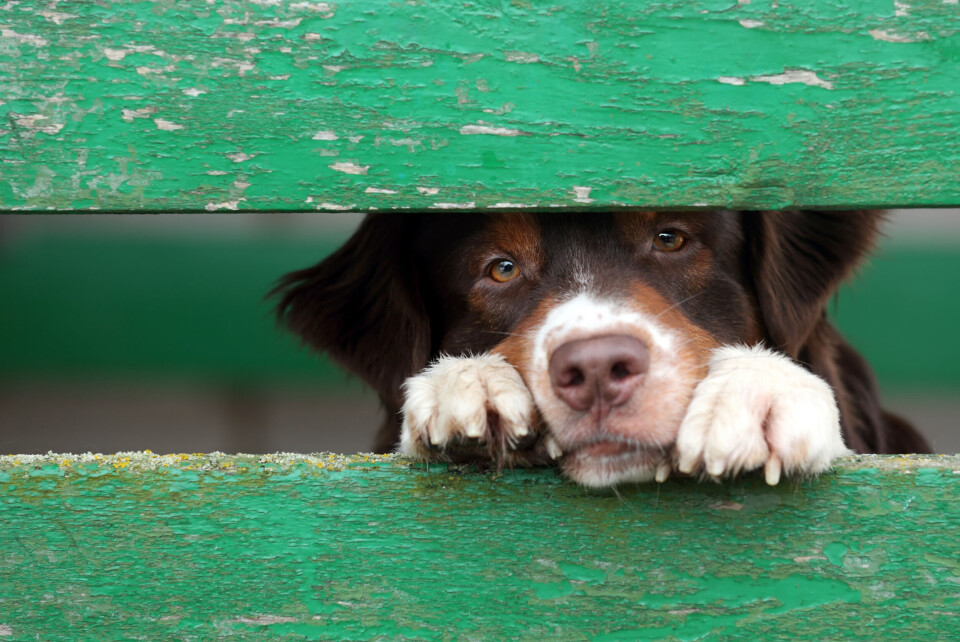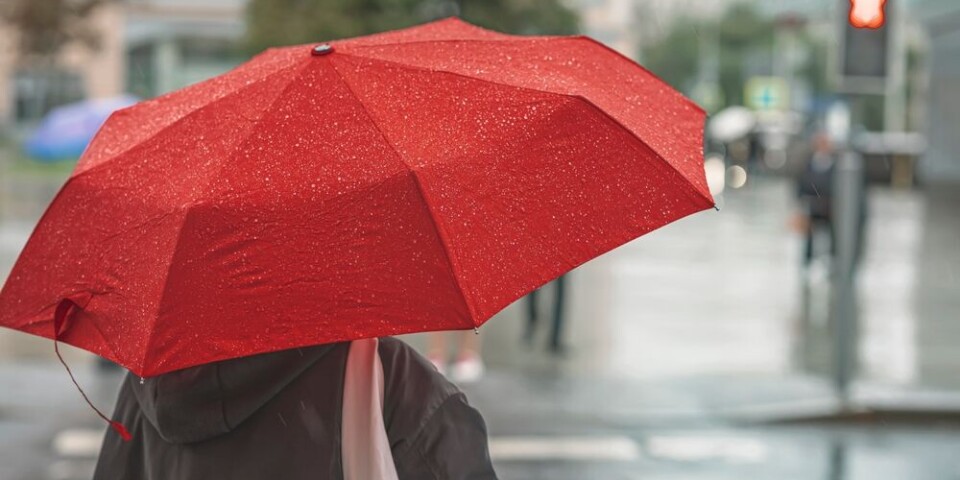-
How France is preparing for the age of longer lifespans
The Connexion visits the Genii Longevity conference in Geneva to talk to experts on new technologies, lifestyle changes, and future medicines
-
Longevity in France? We have an app for that
FriLi will help with chronic pain and a health monitoring
-
‘Living in France is an advantage for longer life’
Best way of ageing slowly is prevention, a healthy lifestyle and seeing your doctor, says longevity expert
How to raise alarm if you see a pet in distress on your French travels
The advice is part of a government guide aimed at protecting animals from the worst of the summer heat

As temperatures increase and France moves towards summer, the government has released advice on protecting pets.
The guide gives tips for keeping pets cool in the heat.
But it also provides advice on what to do if you come across a pet in distress due to the hot weather, especially in cars.
Tips to help your pets
Although most pet owners will take suitable care and caution with their animals in summer, France’s agriculture ministry gave some general advice for people to follow during heatwaves.
The advice is aimed at preventing common pets such as cats and dogs suffering in the heat.
The tips include:
-
Changing your pet’s water every four hours when possible
-
Making sure it is still eating good quality food, in reasonable quantities.
-
Keeping up with your pet’s exercise, but not engaging in excessive activity (such as overwalking your dog or playing too much with your cat)
-
Giving your pet access to shady spaces and cooler rooms
-
Never leave your pet alone in a vehicle
-
Check how hot your pet’s paws are if they have been walking on hot flooring or pavements
-
Check for signs of dehydration (excessive tiredness, trouble eating, etc)
If you are concerned, you should contact a vet and make an appointment as soon as possible, before symptoms worsen.
If travelling with a pet, you should make sure you give them fresh water as regularly as possible.
You can also cool your pet’s body by rubbing it with cool water or placing a wet cloth over the animal’s cage or travel compartment.
Dogs should be allowed to stretch their legs, but cats – often stressed when travelling – should remain in their travel cages until the journey is over.
Long journeys with your pet’s in hot weather without the chance to take breaks or cool the animal down should be avoided where possible during heatwaves.
Read more: Pet travel: Can I take my dog or cat with me on a train in France?
If you spot an animal in distress
If during your summer travels you spot an animal in distress, you should avoid touching the animal unless necessary, as this may cause the animal to stress more and potentially bite you.
This is especially the case for animals in the wild, who are more likely to bite and could harbour diseases.
You should make somebody aware of the animal’s location as soon as possible, so experts can be called out.
The people you can contact include:
-
The mairie of the commune where you found the animal
-
The local police force
-
The nearest animal shelter (you can search for this online if you do not know it)
-
Nearby service station staff or motorway companies (who are often well-informed about the local area and liaise with local authorities)
You can also contact the I-CAD (Service d'Identification des Carnivores Domestiques) by calling 09 77 40 30 77 or report a found animal online here, if the animal is a common pet like a cat or dog.
If the animal has an owner, the I-CAD will have their contact details and inform them.
Related articles
‘Therapy’ dogs long overdue in France
This is how the French government plans to deal with future heatwaves
Rescue dog trained to soothe cancer patients at top Paris hospital
























